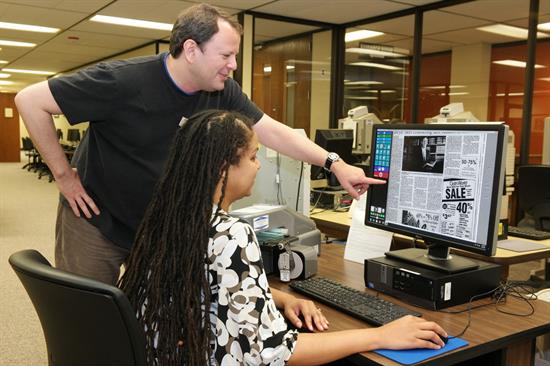History and Mission
Our History
One of the oldest existing state agencies in Arkansas, the Arkansas State Archives was created as the Arkansas History Commission (AHC) by the Arkansas General Assembly in 1905 to serve as the official archives of the state. Since then, the Arkansas State Archives has been responsible for collecting and preserving the official records and historical materials for the State of Arkansas.
During the first few decades of the 20th century, under the agency’s first director Dallas T. Herndon, the state archives was located in the present State Capitol. Following the restoration of the Old State House in 1951, the Arkansas History Commission was moved into a part of the west wing of that building. After becoming a part of the Arkansas Department of Parks and Tourism (ADPT) in 1971, the Arkansas History Commission moved to its current location at One Capitol Mall in 1979.
In 2016, the Arkansas History Commission's name was officially changed to the Arkansas State Archives, and the agency was transferred to Arkansas Heritage, a division of the Department of Parks, Heritage and Tourism. Today, the Arkansas State Archives continues its tradition of organizing and maintaining the history of Arkansas by collecting and preserving state, county and federal records, manuscript materials, newspapers, military records, family histories, an extensive Arkansas history and genealogy library and a collection of Arkansas art and artifacts.
In 2005, the state archives acquired the Southwest Arkansas Regional Archives (SARA) in Washington, Hempstead County, Arkansas, as its first branch archives location. The state archives' second regional branch archives, the Northeast Arkansas Regional Archives (NEARA), was built in 2011 in Powhatan, Lawrence County, Arkansas.

Our Mission
The Arkansas State Archives' mission is to:
- Keep and care for the official archives of the State of Arkansas;
- Collect material bearing on the history of Arkansas from the earliest times;
- Copy and edit official records and other historical material; and
- Encourage historical work and research by the public